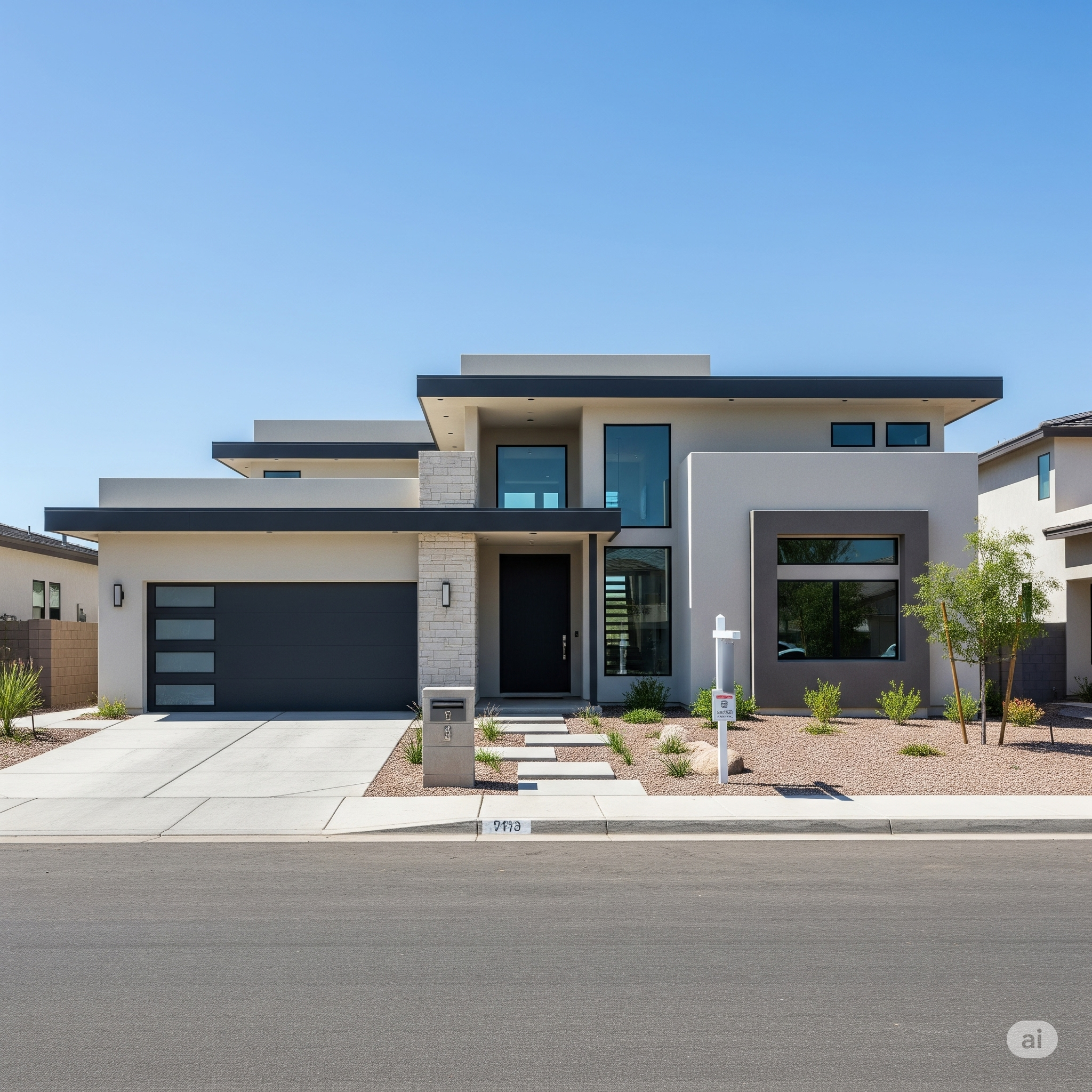When selling a property in South Carolina, it's important to understand how the South Carolina capital gains tax may affect your final profit. Whether you're selling your primary home, a rental property, or an inherited house, this tax can take a big bite out of your earnings if you're not prepared. In this article, we'll explain what capital gains tax is, how it works in South Carolina, and how you might reduce or avoid it.
What Is Capital Gains Tax?
Capital gains tax is the tax you pay on the profit (or “gain”) you make when selling an asset, such as real estate. The gain is calculated by subtracting the original purchase price (also called the “basis”) and any qualifying expenses (like home improvements or selling costs) from the final sale price.
For example:
If you bought a house for $150,000, spent $20,000 on improvements, and sold it for $250,000, your capital gain would be $80,000.
This profit is then subject to federal and state capital gains taxes. While many homeowners focus on federal taxes, the capital gains tax South Carolina imposes can also impact your bottom line.
How Does South Carolina Tax Capital Gains?
South Carolina does not have a separate rate for capital gains. Instead, capital gains are taxed as part of your ordinary income. However, the state provides a 44% deduction on net long-term capital gains, which reduces the amount of your gain that is subject to income tax.
Here’s how it works:
- Long-term capital gains (assets held for more than a year) get a 44% deduction.
- The remaining 56% of the gain is taxed at your individual income tax rate, which ranges from 0% to 6.5%.
This makes the SC capital gains tax lower than regular income tax for many people, but it still requires careful planning, especially when selling high-value property.
Federal vs. State Capital Gains Tax
When you sell your home, you may owe both federal and state taxes. At the federal level:
- Long-term capital gains are taxed at 0%, 15%, or 20%, depending on your income level.
- There are also possible surcharges, like the 3.8% Net Investment Income Tax for high earners.
The capital gains south carolina homeowners pay is in addition to this. So it’s important to calculate both when budgeting for a home sale.
Are There Any Exemptions?
Yes. If you’re selling your primary residence, you may qualify for a major exemption:
- Single homeowners can exclude up to $250,000 of capital gains from taxes.
- Married couples filing jointly can exclude up to $500,000.
To qualify, you must have:
- Owned the home for at least two years, and
- Lived in it as your main home for at least two of the last five years.
This federal exemption can help many South Carolinians avoid paying both federal and capital gains tax in South Carolina on a home sale — but it does not apply to investment properties or second homes.
How to Reduce or Avoid South Carolina Capital Gains Tax
If you don’t qualify for the exemption, there are still ways to reduce your tax burden:
- Increase Your Cost Basis
Include all eligible expenses in your basis, such as:
- Home improvements
- Closing costs
- Real estate commissions
By increasing your basis, you reduce your gain and, therefore, your tax bill.
- Use a 1031 Exchange
If you're selling an investment property and plan to reinvest the profits into another property, a 1031 exchange lets you defer both federal and state capital gains taxes.
- Time Your Sale
Selling in a year when your income is lower may reduce the percentage of tax you owe. Talk to a tax advisor about timing for your personal situation.
- Donate or Gift
Donating appreciated real estate to charity can help you avoid paying tax on the gain. Gifting property to a family member may also shift the tax burden to someone in a lower bracket (though gift tax rules apply).
Why This Matters for South Carolina Homeowners
Real estate in South Carolina has appreciated significantly over the past decade. Whether you’re selling in Charleston, Columbia, or Greenville, chances are your home has gone up in value. That’s great news — unless you're caught off guard by the south carolina capital gains tax.
Sellers of vacation homes, rental properties, or inherited homes are especially at risk of facing large tax bills. Without the primary residence exemption, your profits could be reduced by thousands of dollars if you’re not prepared.
Case Study: Selling an Inherited Property in South Carolina
Let’s say you inherit a home in South Carolina valued at $300,000 and later sell it for $350,000. Since the home received a “stepped-up” basis to $300,000 at the time of inheritance, your capital gain is $50,000.
You would:
- Pay federal long-term capital gains tax on $50,000.
- Pay state income tax on 56% of the $50,000 gain after the 44% deduction from capital gains tax south carolina law.
Understanding this ahead of time lets you plan and potentially reduce your taxes through legal strategies.
Final Thoughts
Selling a home in South Carolina can bring in a big payday — but don’t forget about taxes. The south carolina capital gains tax is something every homeowner or investor should take seriously. With a little preparation and the right advice, you can keep more of your profit and avoid unpleasant surprises at tax time.
If you’re unsure how capital gains taxes apply to your situation, it’s always wise to speak with a tax advisor or real estate expert.
At RedHead Home Properties, we help property owners across South Carolina understand their options and sell with confidence. Whether you're downsizing, inheriting, or just ready for a change, we’re here to make the process smooth and stress-free.

